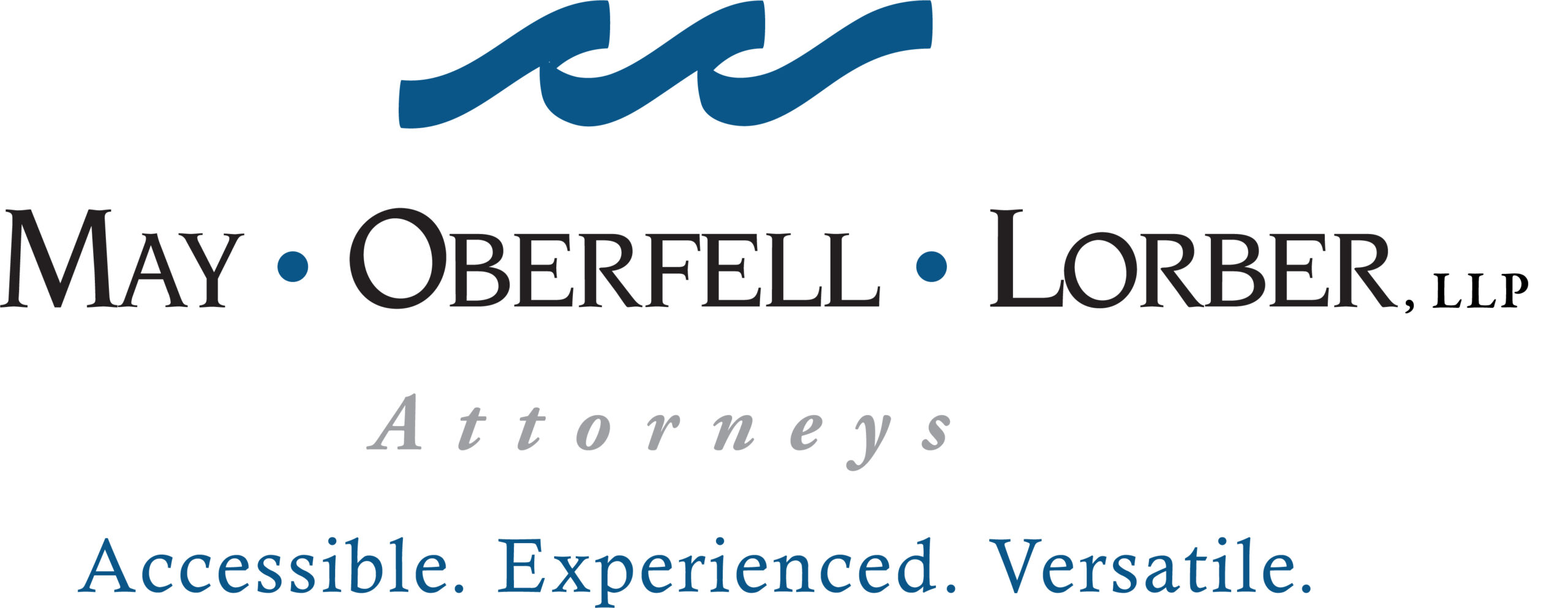Employers Can Offer Vaccine Incentives
COVID-19 has left many employers with understaffed workforces. Of the many factors contributing to the lack of available workers, one such reason is an apprehension to work alongside unvaccinated colleagues. Employers have been left to question whether they can incentivize their employees to become vaccinated against COVID-19.
This has been an ongoing question in legal circles for the past few months. The United States Equal Employment Opportunity Commission (“EEOC”) has now set forth guidance concerning this topic after coming under pressure from business groups and lawmakers.
On May 28, 2021, the EEOC issued guidance, stating in part:
Federal EEO (equal employment opportunity) laws do not prevent or limit employers from offering incentives to employees to voluntarily provide documentation or other confirmation of vaccination obtained from a third party (not the employer) in the community, such as a pharmacy, personal health care provider, or public clinic.
Yet, despite this clear statement, the EEOC thereafter muddied the waters by also requiring an employer’s incentive not be “coercive”. Per the EEOC,
“[b]ecause vaccinations require employees to answer pre-vaccination disability-related screening questions, a very large incentive could make employees feel pressured to disclose protected medical information.”
Unfortunately, the EEOC did not set forth examples of what constitutes an appropriate employer incentive versus an improper coercive incentive. The EEOC’s failure to provide further details or examples will undoubtedly leave employers with more questions on this topic.
Of course, if employers do offer such incentives, employers must be mindful to keep all worker vaccination information confidential to not violate federal disability law.
This article is for information purposes only and is not intended to constitute legal advice.
